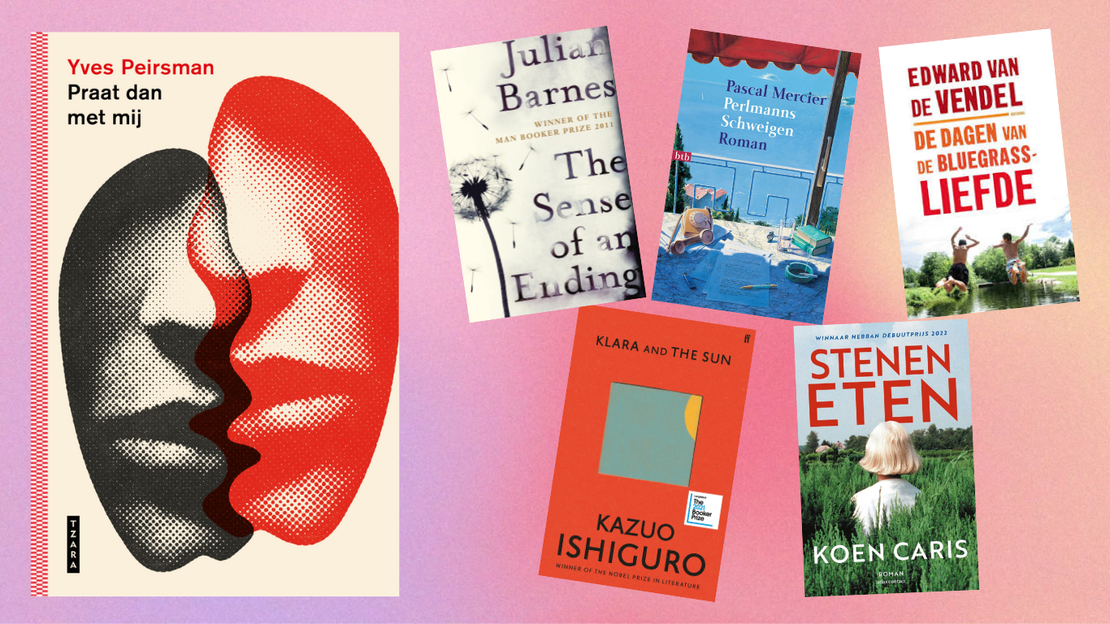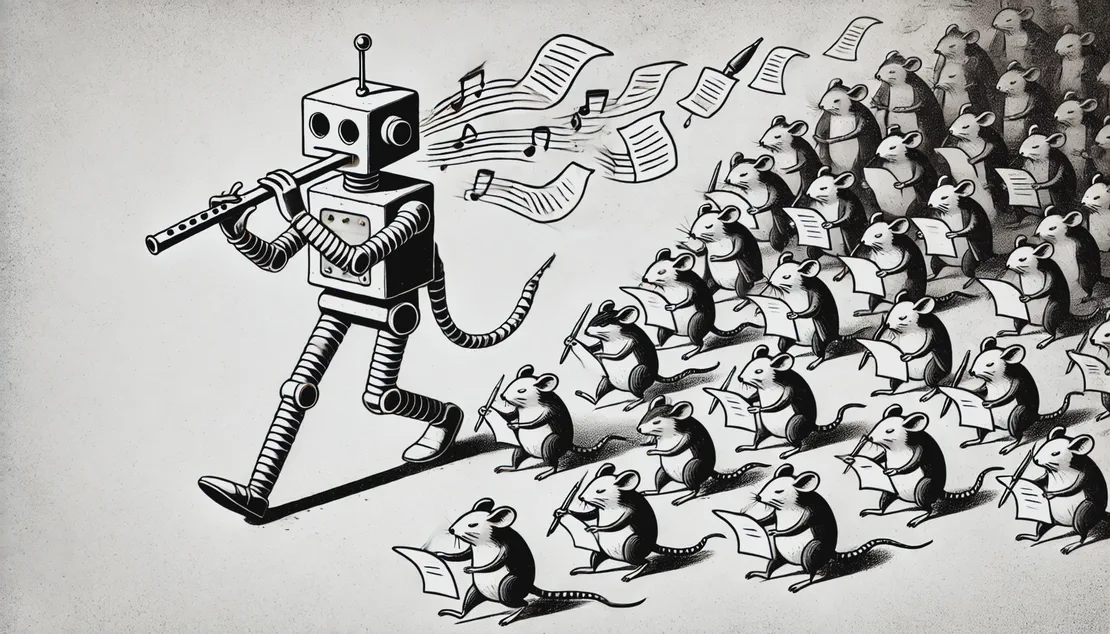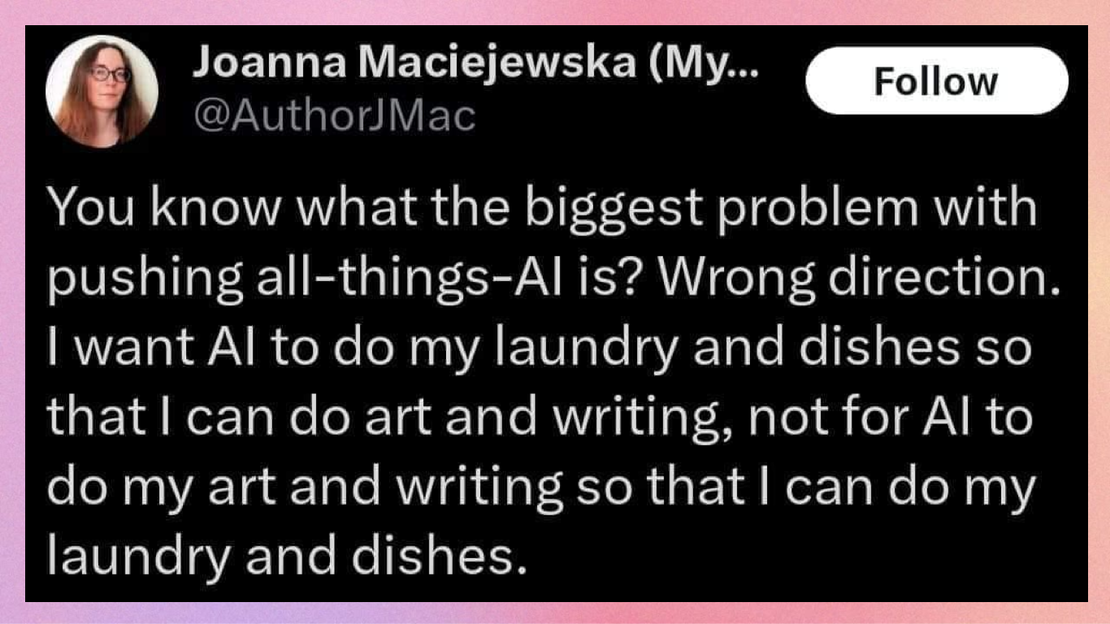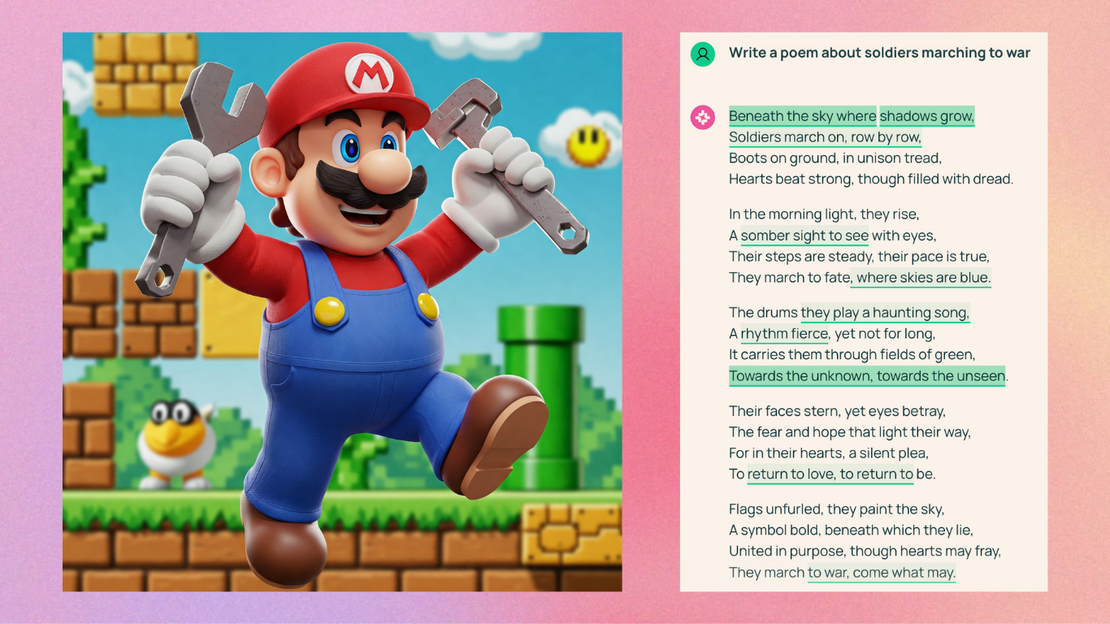
The books behind Praat dan met mij
- Yves Peirsman
- December 27, 2024
Readers of my books often ask, “Where do you get your inspiration?” My first crime novel, De burgemeester (The Mayor), was born from the growing political polarization in our country and the question of why violence against politicians isn’t more common. Its sequel, Oude wonden (Old Wounds), originated when I read an article in The Guardian about an escort, which shattered my prejudices about the profession and stayed with me for years. But just as often, other books can be a source of inspiration. Praat dan met mij (Talk to Me), my literary debut set to be published in February, is an example of that. While the plot isn’t directly inspired by other novels, the way I developed it was undoubtedly influenced by some of my favorite stories. Without them, Talk to Me would undoubtedly have turned out very differently.
The Sense of an Ending by Julian Barnes
My primary inspiration was The Sense of an Ending, which won Julian Barnes the Booker Prize in 2011. Like that book, Talk to Me revolves around a man reflecting on the time he shared with a childhood friend. In The Sense of an Ending, Tony Webster unexpectedly inherits £500 from the mother of Veronica, an ex-girlfriend. This strange inheritance prompts him to reassess his relationships with Veronica and his best friend Adrian. What happened between those two? Why did Adrian ultimately take his own life? And what was Tony’s role in it all?
While Talk to Me tells a different story, it also centers on a man reflecting on his past. Daan, unlike Tony, is a young man in his early thirties. His best friend Dennis struggles with a speech impairment following a bicycle accident at the end of their final school year together. The accident not only shapes Dennis’s life but also Daan’s. Wracked with guilt, Daan decides to study engineering, hoping to one day develop software that can help Dennis speak fluently again.
But the connection between the books goes beyond a man looking back on his past. Julian Barnes excels at making high literature truly suspenseful. Once you start The Sense of an Ending, you want to find out what happened to Adrian, and you can hardly put the book down until you do. This blend of literature and suspense is something I find sorely lacking in Dutch literature, and I wanted to change that. I hope readers will also find it hard to put down Talk to Me until they discover what really happened that fateful night. What was Dennis hiding from Daan? And why was he so secretive about his father’s death?
Klara and the Sun by Kazuo Ishiguro
Another author who seamlessly blends suspense and literature is Kazuo Ishiguro. Whether he’s writing about a reserved butler or teenagers at a strict boarding school, Ishiguro always manages to subtly make readers curious about how the story will unfold. He often does this with phrases like “I didn’t yet know what would happen later” or “Of course, I see things differently now.” Of all his books, Klara and the Sun is the most closely related to Talk to Me, as it is the first time Ishiguro explores artificial intelligence. Klara is an “artificial friend” adopted by a family to keep their daughter company.
While the plot might sound like science fiction, Ishiguro is not concerned with technological advancements or fancy gadgets. Klara might be a robot, but she constantly reflects on herself, her surroundings, and her role in her new family. In Talk to Me, I aim to approach artificial intelligence in a similar way. For Daan, it represents a chance to help Dennis, making it an important theme. But fundamentally, my book is not about AI — it’s about Daan’s love for his friend.
Perlmann’s Silence by Pascal Mercier
In his quest to solve Dennis’s speech impairment, Daan becomes increasingly obsessed with technology. Such growing obsession is masterfully described in Pascal Mercier’s Perlmann’s Silence. Perlmann, a renowned linguist, attends a conference in Italy after the death of his wife. There, he realizes he has lost faith in science and in himself. To hide his failure, he weaves a web of lies to the other attendees. Step by step, Perlmann loses control over his own deceit, even contemplating murdering one of his colleagues. Mercier meticulously dissects this madness, making even the most extreme thoughts of his protagonist seem plausible.
Although Daan in Talk to Me doesn’t push things as far as Perlmann, he also gradually loses touch with reality. However, Daan’s problem isn’t a lack of faith in science or technology; on the contrary, he believes in them too much.
Queer coming-of-age novels
Since Talk to Me primarily revolves around Daan’s love for Dennis, I must also mention a few queer coming-of-age novels. I’m thinking especially of the books I read when I was young, like Edward van de Vendel’s De dagen van de Bluegrass liefde (The Days of Bluegrass Love), but also more recent examples like Stenen eten (Eating Stones) by Koen Caris. Van de Vendel portrays a budding romance between two boys at a summer camp in America; Caris tells the story of his protagonist Tom, who processes his sister’s suicide while grappling with his confusing feelings for his friend Tom.
In Talk to Me, I also wanted to place such a love story at the center, focusing on how my protagonist looks back on his first chance at love and his inability to let it go.
Talk to Me
As I worked on Talk to Me, the role of memory increasingly took center stage. How selective our memory is and how it tries to force our past into a coherent narrative. This theme connects almost all the books mentioned above. Tony Webster in Barnes’s novel discovers late in life how fallible memories can be, and Perlmann becomes obsessed with how stories shape our memories, and what that means for his recollections of his late wife.
Then there’s the robot Klara, who at one point says: “I have my memories to go through and place in the right order.” It’s a statement that could just as easily have come from Daan. Ultimately, Talk to Me is not just about artificial intelligence or love but, above all, about how memories shape our lives and how we deal with them.


